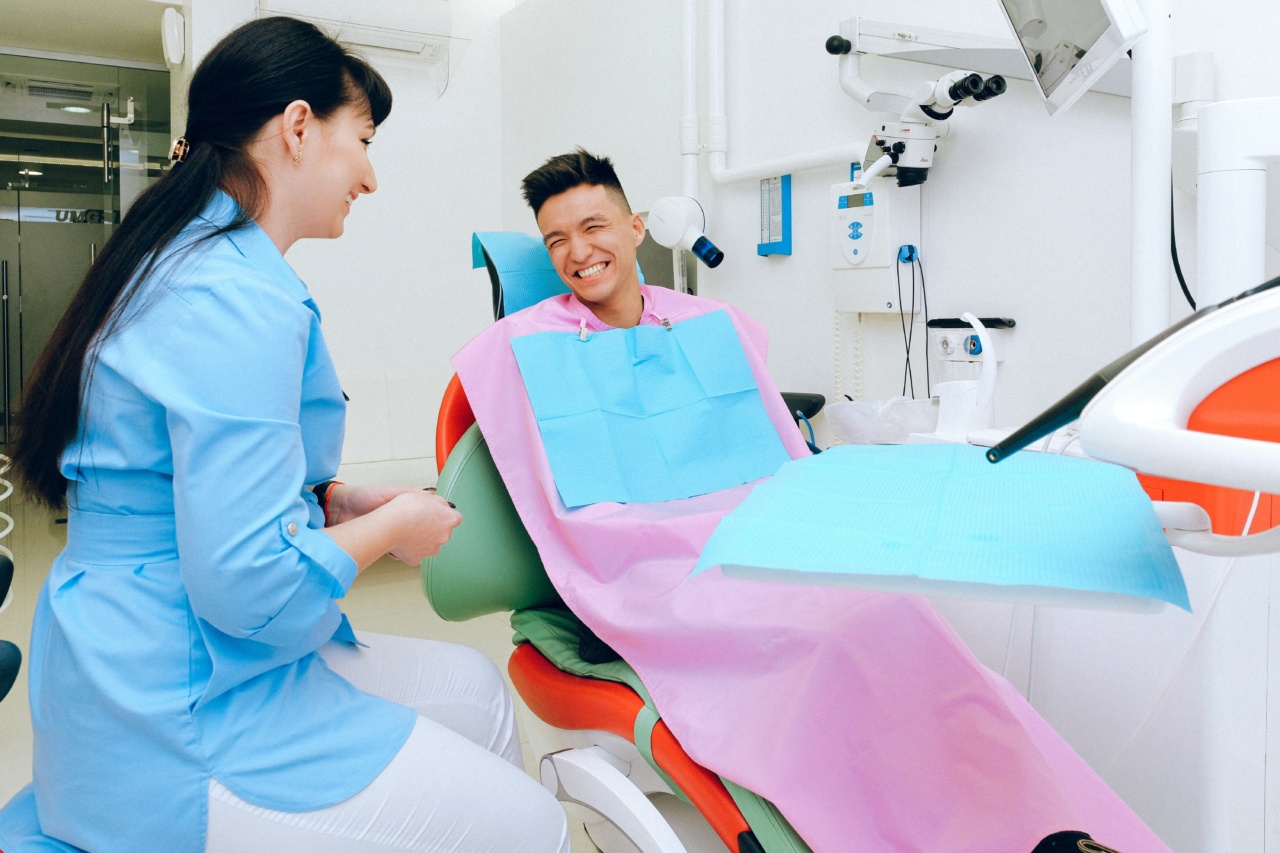Many expectant mothers wonder if it is safe to visit the dentist during pregnancy. The answer is yes! In fact, maintaining good oral health and seeking dental care during pregnancy is crucial for both the mother and the baby’s well-being.
Importance of dental care during pregnancy
Pregnancy is a time of many changes in a woman’s body, including hormonal fluctuations that can affect oral health. The surge in hormones can increase the risk of certain dental problems such as gum disease and tooth decay.
Additionally, changes in eating habits and increased sugar cravings during pregnancy can further contribute to dental issues.
Moreover, oral health has been linked to overall health, and poor oral hygiene during pregnancy has been associated with several adverse pregnancy outcomes, including preterm birth and low birth weight.
By maintaining good oral health and seeking dental care, pregnant women can reduce the risk of these complications.
When should you schedule a dental visit?
It is recommended to schedule a dental visit as soon as you find out you are pregnant or if you are planning to conceive. The first trimester is an ideal time for a routine dental check-up and cleaning.
During this visit, the dentist can assess your oral health and address any immediate concerns.
If you have any specific dental issues or concerns, it is important to discuss them with your obstetrician and dentist in order to determine the best course of action.
Together, they can make informed decisions that prioritize both the health of your teeth and the well-being of your baby.
Dental procedures that are safe during pregnancy
Most dental procedures are safe during pregnancy and can be done without causing harm to the mother or the baby. However, it is important to inform your dentist about your pregnancy so that necessary precautions can be taken.
Dental x-rays during pregnancy
Dental x-rays are generally safe during pregnancy, especially with the use of lead aprons that provide protection for the abdomen and thyroid gland.
However, it is best to avoid unnecessary x-rays, particularly during the first trimester when the baby’s organs are developing.
Dental cleanings during pregnancy
Regular dental cleanings are not only safe but also highly encouraged during pregnancy. Dental cleanings help remove plaque, tartar, and prevent gum disease, which can have detrimental effects on both the mother and the baby.
Cleanings can be performed at any stage of pregnancy under the supervision of a dental professional.
Emergency dental procedures during pregnancy
If you experience a dental emergency during pregnancy, such as severe toothache or dental trauma, it is important to seek immediate dental care. Delaying treatment can lead to worsening of the condition and potentially harm both the mother and the baby.
Local anesthetics such as lidocaine can be used safely during pregnancy, but your dentist will choose the most appropriate medication and dosage for your specific situation.
Dental procedures to postpone until after pregnancy
While most dental procedures are safe during pregnancy, some elective or non-essential treatments may be postponed until after giving birth. These procedures include teeth whitening, cosmetic treatments, and elective orthodontic procedures.
However, it is important to consult with your dentist to determine the best course of action based on your oral health needs.
Oral care tips for pregnant women
In addition to regular dental visits, there are several oral care practices that pregnant women should follow to maintain good oral health:.
1. Brush your teeth at least twice a day with fluoride toothpaste.
2. Floss daily to remove plaque and food particles from between your teeth.
3. Rinse with an antimicrobial mouthwash approved by your dentist.
4. Eat a balanced diet that is rich in vitamins and minerals. Limit sugary snacks and drinks to reduce the risk of tooth decay.
5. Stay hydrated by drinking plenty of water throughout the day.
6. If you experience morning sickness, rinse your mouth with water or a fluoride mouthwash after vomiting to neutralize the acid and protect your tooth enamel.
7. Replace your toothbrush every three to four months or sooner if the bristles become frayed.
Conclusion
Visiting the dentist while pregnant is not only safe but also crucial for maintaining good oral health.
Dental care during pregnancy helps prevent dental problems, reduces the risk of pregnancy complications, and promotes overall well-being for both the mother and the baby. By following proper oral care practices and seeking regular dental check-ups, pregnant women can ensure a healthy smile throughout their pregnancy journey.


























